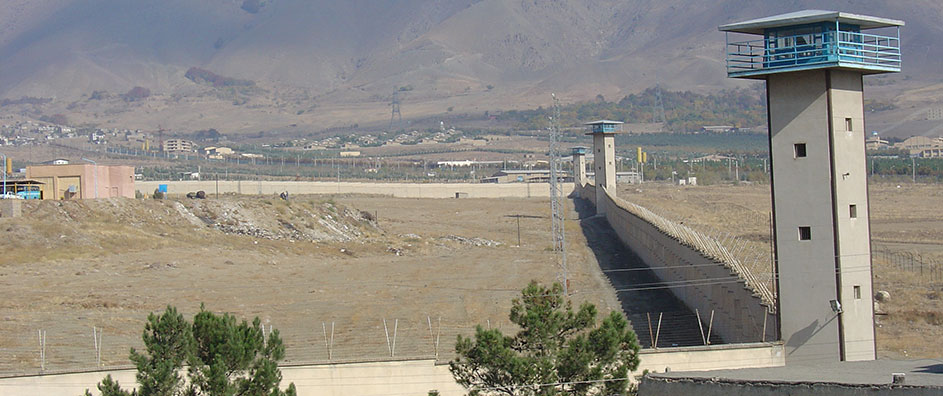The Baha’i teachings, a profound and multifaceted system of thought, encapsulate spiritual and ethical dimensions that resonate deeply within the fabric of Iranian society. This discourse aims to elucidate the pressing appeal to academics and intellectuals of Iran, encouraging them to engage with the Baha’i perspective, which promises a transformative shift in understanding human dignity, social justice, and the inextricable connection between faith and reason.
Firstly, it is imperative to acknowledge the historical and sociocultural landscape of Iran, a nation that has long been characterized by its rich philosophical traditions and vibrant intellectual discourse. Yet, in contemporary times, this landscape has been overshadowed by entrenched dogmas and rigid institutional constraints. The Baha’i Faith emerges as a beacon of hope, advocating for a reformation of thought that bridges the chasm between spirituality and scholarship, tradition and innovation.
From the outset, the Baha’i teachings advocate the concept of unity in diversity. This tenet posits that humanity is fundamentally interconnected, transcending earthly divisions of ethnicity, religion, and nationality. For intellectuals grappling with the ideological divides that permeate Iranian society, embracing this principle could catalyze a movement toward collective understanding and cooperation. It invites scholars to pursue an inclusive approach that honors divergent perspectives without succumbing to polarization, enhancing the intellectual milieu within which they operate.
Moreover, the Baha’i teachings posit that knowledge is inherently linked to spirituality. This interdependence presents a challenge to prevailing paradigms that compartmentalize knowledge into secular and spiritual realms. The Baha’i perspective argues that true understanding encompasses both dimensions, urging intellectuals to synthesize empirical inquiry with spiritual insight. By investigating this synthesis, academics can uncover new pathways for research and scholarship that reflect the complexities of the human experience.
The moral implications of the Baha’i teachings also warrant significant attention. The ethical framework proposed by Baha’u’llah, the founder of the Baha’i Faith, emphasizes justice, equality, and the importance of upholding human rights. In a society where these principles are often contested, scholars are urged to scrutinize the implications of moral relativism versus moral absolutism. The challenge lies in fostering a discourse that aligns ethical considerations with academic rigor, thereby enriching the academic community and offering practical solutions to societal issues.
Another critical aspect to consider is the Baha’i commitment to the advancement of women. In a region where gender inequalities persist, the Baha’i teachings advocate for the empowerment of women as a catalyst for societal transformation. This ethos invites intellectuals, researchers, and advocates to explore the intersections of gender, culture, and education. By focusing on this dimension, scholars can contribute to a broader understanding of how gender equity not only enriches personal development but also drives societal progress.
Additionally, the Baha’i teachings underscore the necessity of education as a vital tool for personal and collective advancement. They advocate for universal education—an idea that, if fostered, could galvanize the intellectual resources of Iran while addressing disparities in access to knowledge. This call for educational reform champions not merely the acquisition of knowledge but the refinement of character and moral responsibility. Academics are thus called to investigate new pedagogical frameworks that integrate ethical discourse into educational curricula, fostering a generation that is as socially conscious as it is intellectually capable.
Moreover, the Baha’i emphasis on the harmony of science and religion presents an intriguing avenue for academic exploration. The dichotomy often posited between these domains can produce an intellectual impasse; however, Baha’i teachings advocate for a congruous interaction between scientific inquiry and spiritual understanding. This perspective could incite a renaissance of interdisciplinary studies, where scientists and theologians collate their findings to address existential questions, societal dilemmas, and global crises.
As academics navigate the complexities of contemporary challenges—climate change, social unrest, and globalization—the Baha’i teachings offer a framework that is inherently adaptable and forward-thinking. By engaging with these teachings, Iranian intellectuals can pioneer innovative solutions that reflect both local insights and global consciousness. This responsive approach not only piques curiosity but also holds the promise of substantial contribution to both Iranian society and the global intellectual community.
In conclusion, the plea presented to the academics and intellectuals of Iran extends beyond mere theoretical discourse; it is an invitation to engage in a transformative journey. By embracing the principles of unity, ethical responsibility, gender equality, and the harmonious integration of knowledge, scholars can not only expand their intellectual horizons but also contribute meaningfully to the flourishing of their society. The Baha’i teachings challenge the conventional paradigms of thought, urging intellectuals to transcend boundaries and collaborate across disciplines, ultimately fostering a more just, equitable, and enlightened world.
